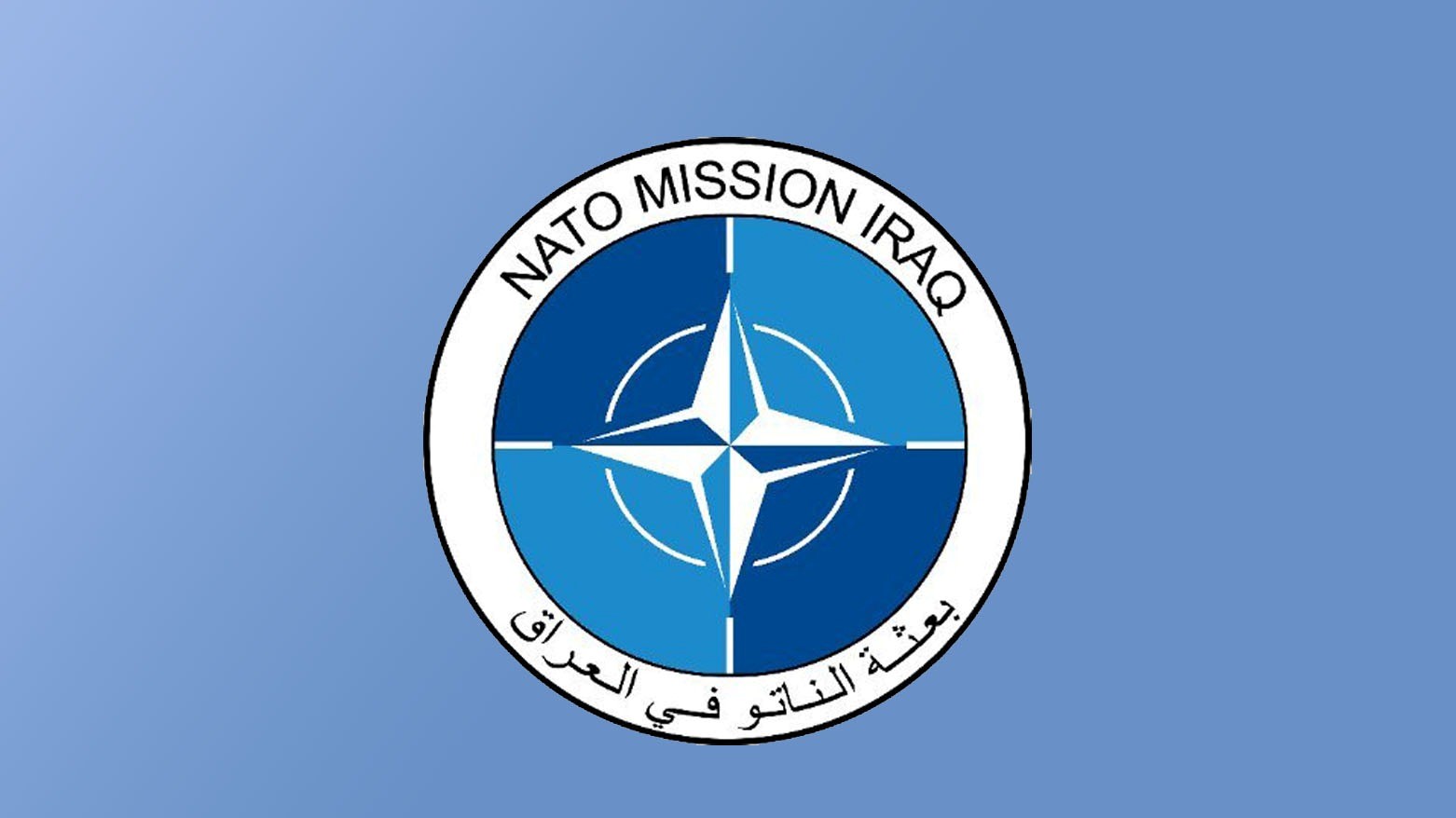NATO Mission to Continue in Iraq
“In the Middle East and North Africa, NATO continues to support our partners in their fight against terrorism. NATO's Mission Iraq is the cornerstone of our engagement in the region.”

WASHINGTON DC, United States (Kurdistan 24) On Thursday and Friday, NATO Defense Ministers met at NATO headquarters in Brussels, Belgium to discuss a range of pressing issues, including the war in Ukraine and the year-long conflict in the Middle East.
Within that context, NATO members of the Defeat-ISIS (D-ISIS) Coalition, also known as Combined Joint Task Force-Operation Inherent Resolve (CJTF-OIR), also met.
Not surprisingly, they expressed the same position as the D-ISIS Foreign Ministers did, when they met in Washington two weeks ago.
Read More: Defeat-ISIS Ministers Confirm Transition to Bilateral Security Ties
In 2025, the members of the D-ISIS Coalition will shift the basis of their presence in Iraq from a multilateral security relationship to a bilateral one. But they will not be leaving Iraq.
Thus, on Thursday, the German parliament voted to extend the country’s military presence in Iraq by another 15 months to continue its mission of training Iraqi forces, while preventing a resurgence of ISIS.
Read More: Germany extends its military mission in Iraq by 15 months
Mark Rutte was Prime Minister of the Netherlands from 2010 until 2024. In October, he became NATO’s new Secretary General, replacing Jens Stoltenberg, who had been Norwegian Prime Minister, before assuming the top NATO position.
Rutte, speaking at the meeting of the D-ISIS Coalition in Brussels, affirmed that NATO would continue its work in Iraq, even after the Coalition disbands.
“NATO is strongly committed to countering terrorism in all its forms and manifestations,” Rutte said, and “I welcome” the fact that “the reduction of ISIS threats in Iraq has led to a planned transition of the Coalition’s military mission in Iraq to bilateral security partnerships.”
“But we must not take our eye off the ball,” he added. “The continuing violent attacks by ISIS affiliates and other terrorist groups in Syria and Iraq, as well as across the SAHEL, Eastern Africa, and Europe, underline that terrorism remains a persistent threat.”
Indeed, when U.S. Secretary of Defense Lloyd Austin addressed the group, he made a similar point. “Key ISIS affiliates beyond the Middle East pose increasingly dangerous threats—especially ISIS-Sahel, ISIS-West Africa, and ISIS-Khorasan,” Austin said.
Nonetheless, “in the Middle East and North Africa, NATO continues to support our partners in their fight against terrorism,” Rutte said in Brussels.
“NATO's Mission Iraq is the cornerstone of our engagement in the region,” he stated, underscoring its importance.
“Thanks to close coordination with the United States and all our Allies,” Rutte added, “NATO's Mission Iraq will continue after Operation Inherent Resolve, as a non-combat advisory mission to strengthen Iraqi security institutions.”
Thus, Rutte affirmed what U.S. officials have repeatedly said and what the D-ISIS Foreign Ministers stated earlier this month: the end of the Coalition is not the end of the military mission in Iraq. Rather, its end marks a transition to a new security relationship based on bilateral, rather than multilateral, understandings with Baghdad.